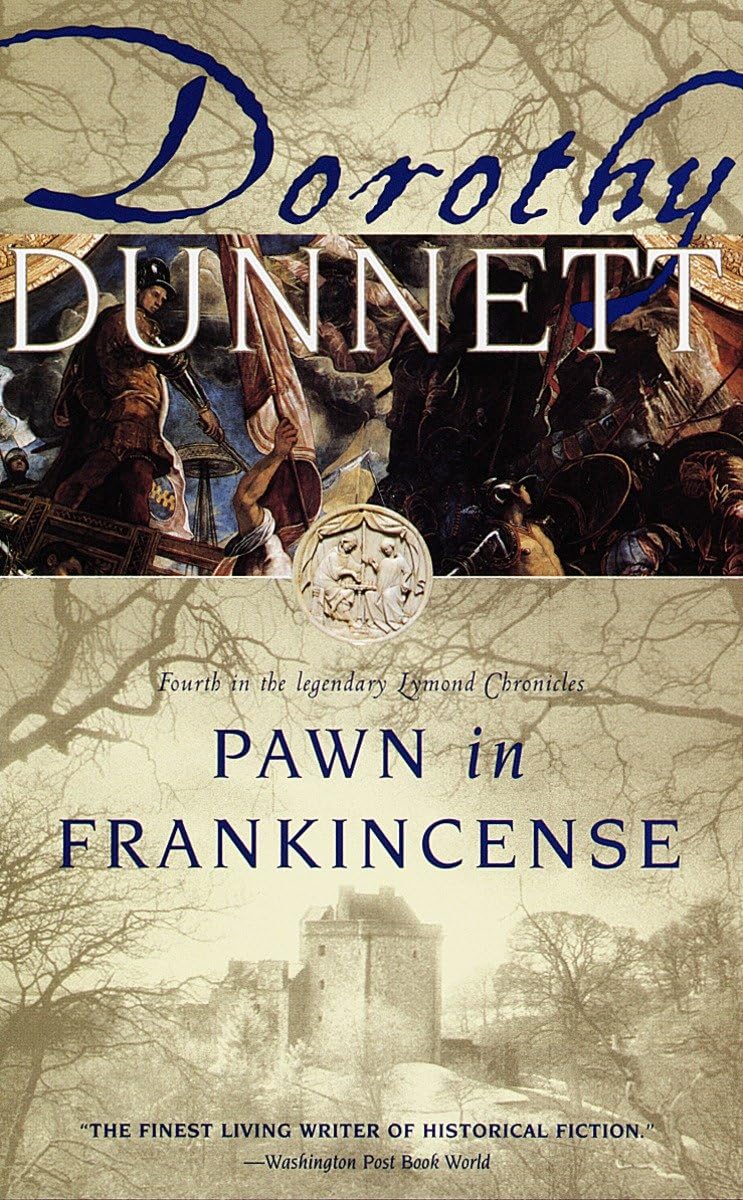What do you think?
Rate this book


486 pages, Paperback
First published January 1, 1969
“A long time afterwards, she was to remember what an excellent chess-player Francis Crawford was.”
“I'm all for a level, low-pitched existence,' said Philippa. 'And when you see your way back to one, for heaven's sake don't forget to tell me.”
“Francis Crawford’s face in this fleeting moment of privacy was filled with ungovernable feeling: of shock and of pain and of a desire beyond bearing: the desire of the hart which longs for the waterbrook, and does not know, until it sees the pool under the trees, for what it has thirsted.”
“Leaving him was less like leaving even the most simple of her friends in Flaw Valleys, and more like losing unfinished a manuscript, beautiful, absorbing and difficult, which she had long wanted to read.”
“This time, no trace of hesitation was visible. 'My love is given to no one,' said Lymond. 'To neither man, woman or child. Duty, friendship, compassion I do owe to many. But love I offer to none.”Pffftfffft, Francis. You have, and you do, and you will.



